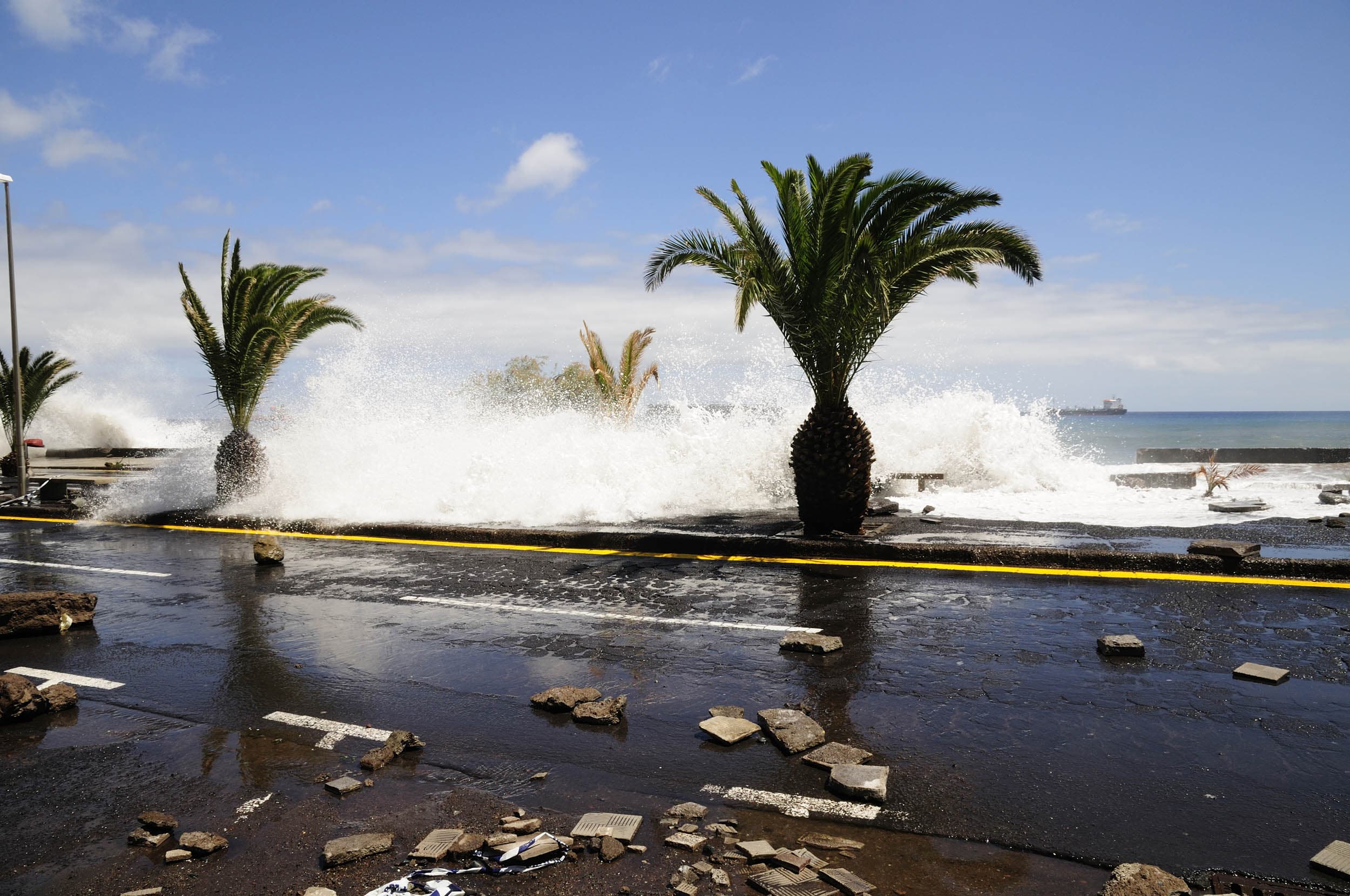
Sea level rise is causing health issues
Sea level rise is causing health issues. The Florida Institute for Health Innovation released a report today on communities from Palm Beach to Key West with the greatest risk for adverse health effects of sea level rise. In conjunction with the South Florida Regional Planning Council and Florida Atlantic University’s Center for Environmental Studies, Florida Institute for Health Innovation mapped zones most prone to environmental sea level rise impacts, described associated public health risks and identified the region’s socially, economically and medically vulnerable communities most susceptible to sea level rise health effects.
Using an innovative public health framework developed by the Florida Institute for Health Innovation, the research provides a foundation for health-related climate change studies. It informs adaptation, mitigation and infrastructure planning and provides a new method for linking socio-economic vulnerability and health risks to climate change effects. It also includes a tool kit with recommendations for local decision makers and planners. Sea level rise is causing health issues
Funded by the Kresge Foundation, the study findings provide significant indicators for communities and their socio-economic levels. It is also the beginning of better detection and monitoring of vector-borne illnesses such as the Zika virus and chikungunya fever.
“Sea level rise represents an unexpected public health concern,” said Roderick King, M.D., M.P.H., associate professor in the Department of Public Health Sciences at the University of Miami Miller School of Medicine, and CEO of the Florida Institute for Health Innovation. “We normally think of populations with the lowest socio-economic status as being the most vulnerable, due to lack of financial resources to pay for health care. In the case of sea level rise, the most vulnerable turn out to be the wealthier populations who can afford to live close to the ocean. They may also be older, with health issues that require regular treatment, and if they can’t access health care because the streets are flooded, it poses a significant problem.”
A result of two years of cross-sector research and outreach, the study, titled Health and Sea-level rise: Impacts on South Florida, serves as a guide for all coastal communities. Newly established vulnerability indicators include flooding risk; educational attainment, income and race; emergency department visits and hospitalizations due to chronic obstructive pulmonary disease, asthma, and pneumonia, giardiasis, and healthcare access. Using these results, researchers mapped “hot-spots” in the region to be considered for Adaptation Action Areas, governmentally designated areas that experience sea-level rise impacts and coastal flooding.
Director of FAU’s Center for Environmental Studies, Colin Polsy, Ph.D. stated: “The human health impacts from climate change is a relatively under-researched area, especially as applied to South Florida. The report reflects a significant positive step towards improving South Florida’s coastal resilience with applicability to other regions.”
Providing a next step for regional resiliency planning, the study directly addresses multiple recommendations outlined in the 2012 Regional Climate Action Plan led by the Southeast Florida Regional Climate Change Compact.
“This is an important new study that will support ongoing regional and local resilience planning initiatives,” stated Jim Murley, Chief Resilience Officer for Miami-Dade County. “It informs our efforts by stressing the link between climate change impacts and public health.”
###
The research team will host a webinar discussion of findings, methodology and implications for resiliency late summer, early fall. To receive webinar notifications and other briefings on the subject, please email info@flhealthinnovation.org.
About the Florida Institute for Health Innovation
The Florida Institute for Health Innovation (FIHI) believes that today’s health challenges require a new way of working based on shared leadership, aligning root causes and strategy, and measurable results. A nonprofit public health institute, FIHI aims to achieve health equity for Florida’s most vulnerable by addressing upstream factors that contribute to health. FIHI’s mission states: Creating healthy and sustainable communities by championing innovative public health policy and cross-sector collaboration. They achieve this by facilitating data-driven, results- based collaborative action; conducting community-focused research, providing impartial analysis of policy health impacts and communicating accessibly. To learn more, visit http://www.flhealthinnovation.org.
Contact information:
Florida Institute for Health Innovation
2701 North Australian Ave., Suite 204; West Palm Beach, FL 33407
(561) 838-4444
info@flhealthinnovation.org
http://www.flhealthinnovation.org
Twitter: @flhealthinnova
Facebook: https://www.facebook.com/flhealthinnov












